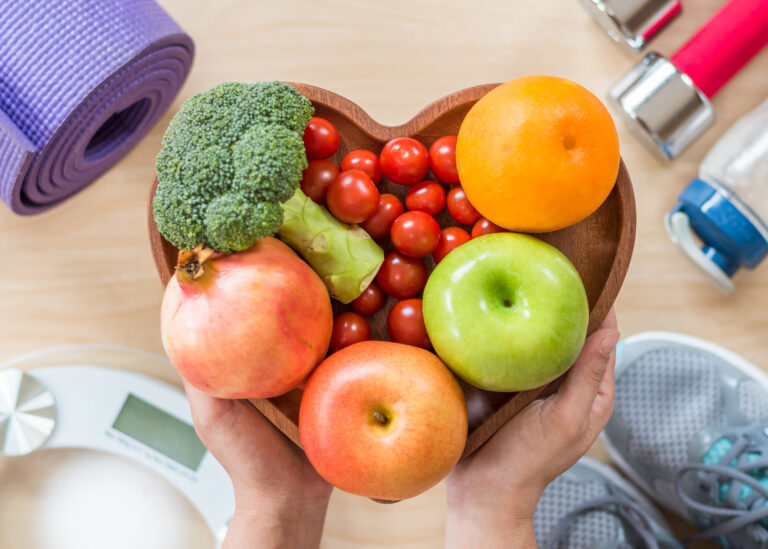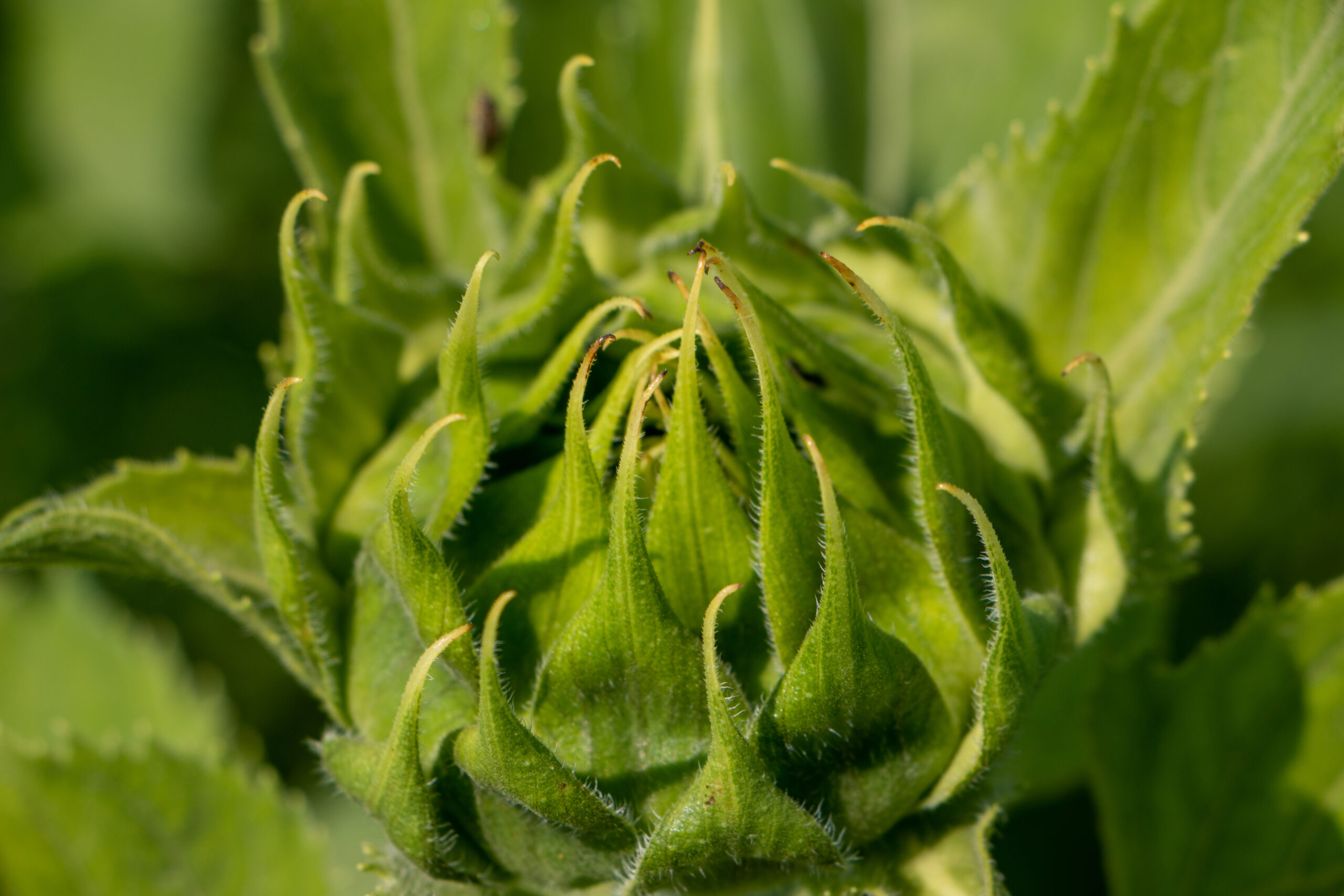Brussels Sprouts: Captain of the Cruciferous
Christine Mason has managed an organic farm for more than 17 years. In this video, she explains the process of growing organic Brussels sprouts to have increased nutrient density and bioavailability. When Mason grows Brussels sprouts, she starts with the plants in a greenhouse – 72,000 at a time. After three to four weeks in the greenhouse, they are transplanted into the field. Mason also discusses how to avoid cabbage worms, which are spread by the cabbage moth. Cabbage worms are a huge issue for growing Brussels sprouts, but Mason strives for healthy soil, vigorous plants, and maximal health to protect the crops.
Brussels sprouts are a nutritious cruciferous vegetable, rich with nutrients that are known for supporting the body’s natural detoxification process, antioxidant activity, heart health, and more. This nutrient-dense vegetable contains a phytonutrient called glucosinolate as well as vitamin C, fiber, folate and other B vitamins, vitamin K, potassium, calcium, and magnesium.
Learn more about Brussels sprouts and other cruciferous vegetables:
Brussels Sprouts: Nutrient and Phytonutrient Profile
Kale Versus Brussels Sprouts: Battle of the Brassicas






